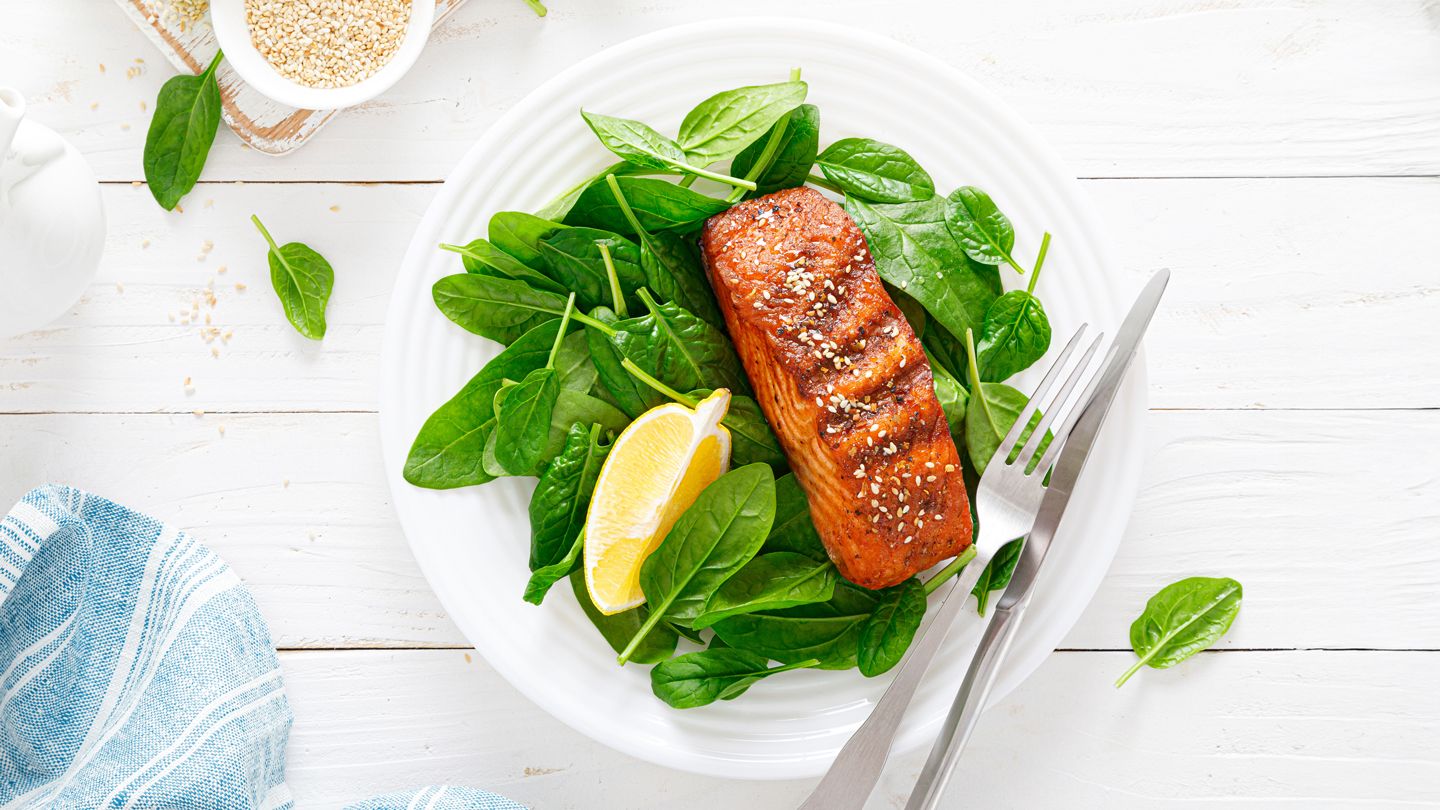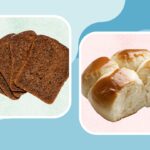If you have alopecia, certain lifestyle changes alongside standard treatments can help you manage your symptoms. For example, while diet can’t cure alopecia, the foods you eat can make a difference.
“With hair loss, the most important type of diet is rich in nutrients that are the building blocks and protectors of hair,” says Jennifer Gordon, MD, a dermatologist at Westlake Dermatology in Austin, Texas. “In general, these include protein, iron, omega-3 fatty acids, and specific vitamins such as A, C, and E. A healthy diet can not only support your health in general, but it may also be useful for addressing alopecia as a complement to treatment for the condition.”
While nutrition can help, keep in mind that the condition requires comprehensive treatment that goes beyond what’s on your plate, says Leela Athalye, DO, a dermatologist at Orange Coast Dermatology in Mission Viejo, California.
“A balanced diet can definitely help promote hair growth,” she says. “But it’s also crucial to discuss dermatology treatment options and also address mental health issues like social anxiety, emotional distress, and lowered self-esteem.” That way, alopecia symptoms can be treated at every level.
With that in mind, here are five top examples of foods rich in key nutrients for hair growth, along with alternate sources to consider for your next grocery run.
1. Chicken Breasts
Hair is made of protein, so getting enough of that nutrient from food helps build strong strands, says Ali McGowan, RD, a Boston-based dietitian at Sprout Out Loud and the creator of the Sprout Out Loud Podcast, a series addressing nutrition and behavior change.
Research suggests that too little protein has the opposite effect. A study on nutrient deficiencies and how they relate to hair loss found a link between low-protein diets and a higher risk of alopecia symptoms.
2. Spinach
Iron is found in many animal products like beef, chicken, and seafood, but is also in some plant-based foods, particularly dark leafy vegetables like spinach, kale, and collard greens. For example, half a cup of raw spinach has about 1.05 milligrams (mg) of iron.
3. Salmon
Fatty fish like salmon are the top sources of omega-3 fatty acids, which can be so beneficial for hair loss that Gordon often recommends omega-3 supplements for those who feel they’re unable to get enough through their diet.
Omega-3s can stimulate hair follicles while also calming inflammation, says McGowan. In one clinical trial of women with hair loss, use of omega-3s, along with omega-6 fatty acids and antioxidants, led to improved hair density and slowed loss.
The recommended dietary amount varies by gender and age, but is about 1.55 g for men and 1.32 g for women. About 3 oz of salmon has 1.24 g.
Other food sources high in omega-3s include flaxseeds, chia seeds, herring, and walnuts.
4. Bell Peppers
Two vitamins that play a central role in hair health are C and E. That’s because they’re antioxidants that may help protect hair follicles from environmental stressors, says Gordon.
“Antioxidants can also improve scalp health and stimulate hair growth,” she says. “They play a role in reducing inflammation as well, which can benefit those with alopecia by lowering risk of ongoing hair loss.”
If you’re looking for a food that packs both vitamins together in a one-two punch, bell peppers are a good choice. Other foods high in both vitamins include broccoli, kiwi, tomatoes, and spinach.
5. Eggs
Botin helps with production of keratin, a protein that’s key for nails, skin, and hair. Research has suggested a lack of biotin may prompt hair loss, which is why it’s often a focus for alopecia.
Foods to Limit if You Have Alopecia
In terms of what to limit, it may be helpful to veer away from ultraprocessed foods (typically prepackaged products) high in sugar and refined oils, says McGowan.
“These can increase inflammation in the body, which may worsen hair loss over time,” she says. “Research has linked diets high in sugary or processed foods to more hair shedding. While no food causes alopecia directly, your overall diet pattern can help to reduce or slow symptoms.”
The Takeaway
- Nutrition alone won’t treat or cure alopecia, but it can act as a complement to treatment by promoting hair growth.
- Protein, iron, vitamins C and E, omega-3 fatty acids, and biotin are all good choices for an alopecia-friendly diet.
- In addition to healthy eating and treatment, addressing the emotional aspects of alopecia is also important.
Read the full article here




